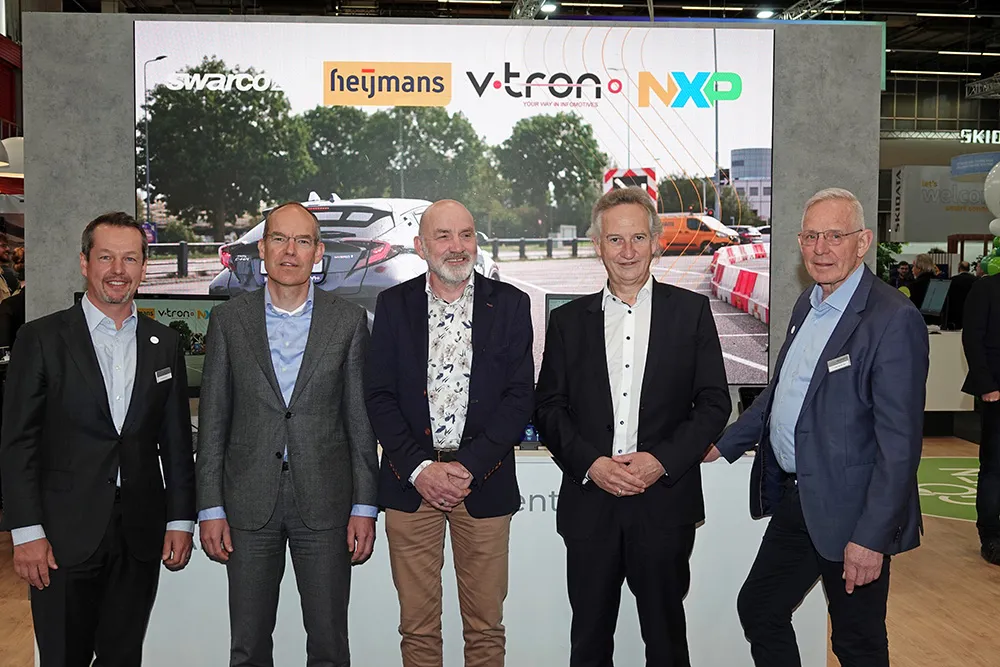Bosch, in partnership with Autotalks, Cohda Wireless and Ducati, has developed a prototype solution which allows cars and motorcycles to communicate with each other with the aim of reducing the number of crashes involving motorcyclists.
The system enables vehicles within a radius of several hundred metres to exchange information ten times a second including vehicle type, position, direction of travel and speed. This technology informs drivers of an approaching motorcycle and can warn the rider or driver of
August 8, 2017
Read time: 1 min
The system enables vehicles within a radius of several hundred metres to exchange information ten times a second including vehicle type, position, direction of travel and speed. This technology informs drivers of an approaching motorcycle and can warn the rider or driver of a potentially dangerous situation by sounding an alarm and flashing a warning notice on the dashboard.










